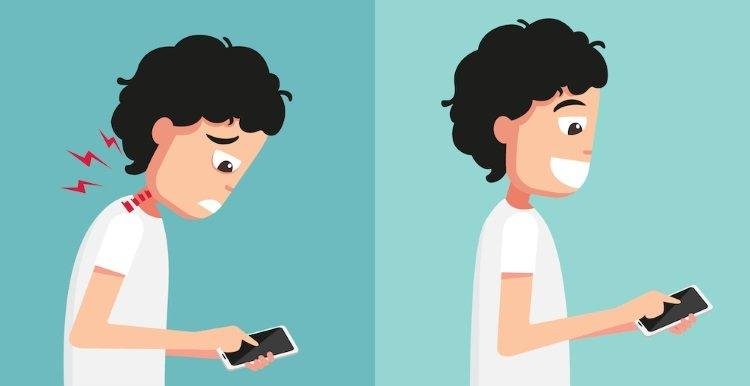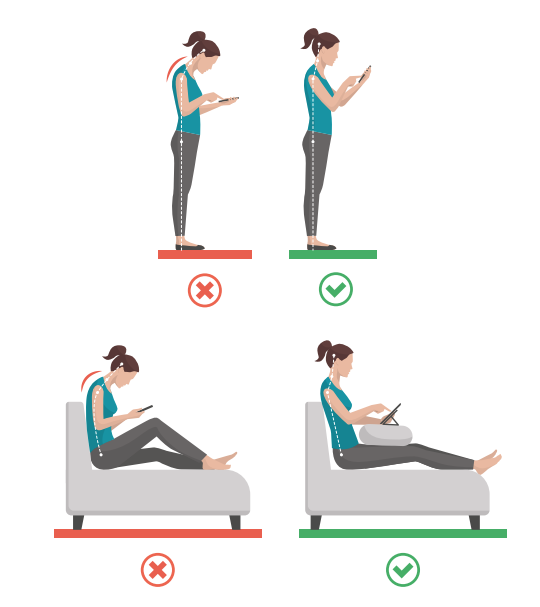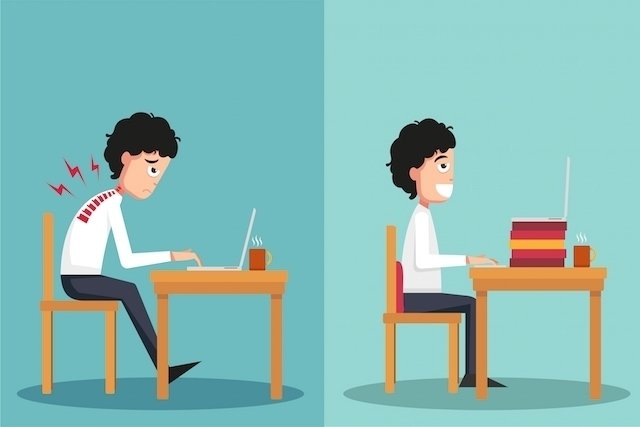Crouching knee pain is more
common than we think and needs to be observed, as it can indicate several
problems.
A major problem that can affect
the knee is osteoarthritis, which begins with an injury called patellar
chondromalacia, which affects the cartilage between the patella and the femur.
It is the beginning of cartilage wear. It often happens after exercises done
improperly. Chondromalacia causes pain, swelling and movement limitations.

This cartilage wear is the
biggest problem that overweight can cause to the knee and, after
chondromalacia, it can progress to arthrosis, if there are no changes in habit.
To protect the knees, it is
important to strengthen the muscles of the legs, hips, abdomen and lower back
and take care of the wrong movements, especially when squatting, when keeping
the knees out of alignment with the balls of the feet.

It is very common to see people
on the Internet inappropriately moving in gyms, especially when it comes to the
biomechanics of the knees. Changing in squats we observe how the knees are
misaligned with the tips of the feet both internally and externally, causing
damage to the knee cartilage.
In the biomechanics of movement,
when the knee has a tendency to point inwards, the femur rotates inwards
(internal rotation) and leaves the patella more to the side, causing it to
decrease normal joint contact and increase pressure and risk of cartilage
injury.
We know that our knee suffers a
lot from the overload triggered by muscle imbalances, but we must also be aware
of biomechanical movements. But watch out for sports like football, tennis,
volleyball and hockey, which increase the risk of injury.
The most common injury is caused
by a sudden change of direction, that is, when the player who is running needs
to stop quickly to change direction. In this movement, the knee is twisted and
the ligaments may rupture. It is very common to happen to football players.
































